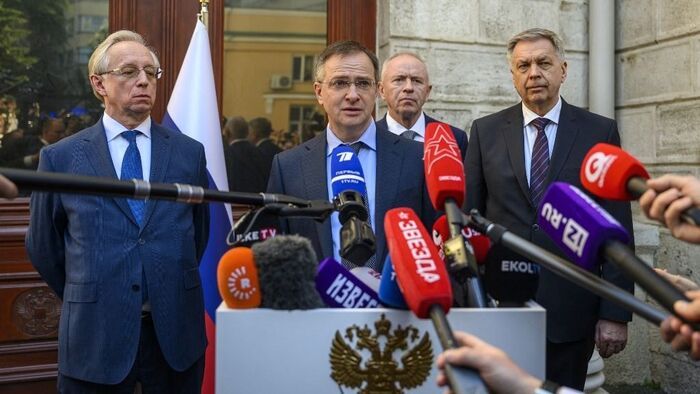Hungary cannot support the EU's proposal to reform the electricity market design, because it jeopardizes Hungary's utility price cap scheme and reduces member state powers, the state secretary for energy and climate of the Hungarian energy ministry said in Luxembourg on Tuesday.
Attila Steiner, representing the Hungarian government at the session of ministers responsible for energy in EU member states, told Hungary's state news agency MTI after the meting that
although the council reached an agreement on proposals to amend EU rules pertaining to EU's electricity market design, Hungary could not support it.
In justification he said, that among other issues, the resolution contains text stating that utility price reduction measures can only be applied if the European Commission declares and the council approves a regional or EU-wide electricity price crisis.
This goes against Hungary's utility cost reduction policy,
Attila Steiner pointed out, noting that Hungary sees the utility fee reduction as a very effective instrument when gas and electricity prices are skyrocketing. The measure protects the population from significant price fluctuations, he added, highlighting that
the advantage of national measures is that they can be introduced very quickly and applied immediately to tackle possible price shocks.
According to the council proposal, however, Brussels' approval is needed to declare a price crisis, which could be a complicated and lengthy procedure. While the reforms aim to make electricity prices less dependent on volatile fossil fuel prices and shield consumers from price spikes, Hungary could not support the adoption of the proposal, seeing a risk of violating the powers of member states and will fight to safeguard utility cost reduction measures in place, he explained.
He stated
Hungary considers Sofia's announcement of an increase in transit fees for Russian gas as an unfriendly move.
Bulgaria's measure puts Hungary's economy and Hungary's energy supply security at risk, he pointed out, adding that at the energy council meeting Hungary asked Bulgaria to review the need to adopt the measure.























Szóljon hozzá!
Jelenleg csak a hozzászólások egy kis részét látja. Hozzászóláshoz és a további kommentek megtekintéséhez lépjen be, vagy regisztráljon!